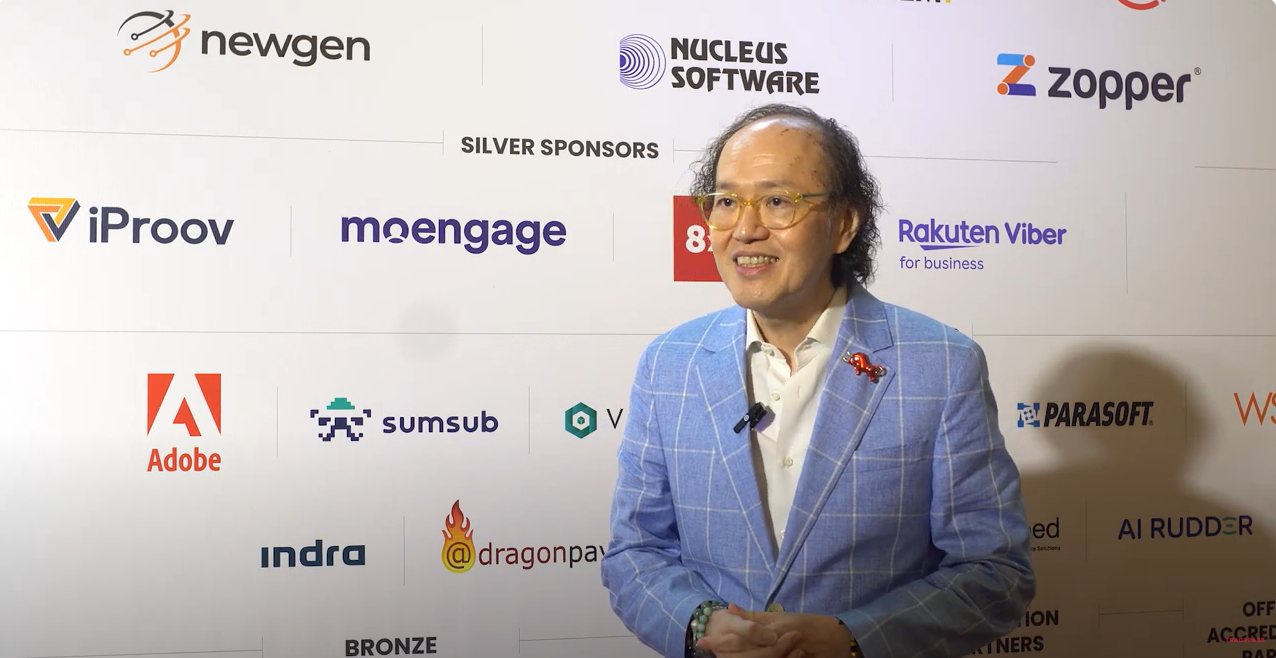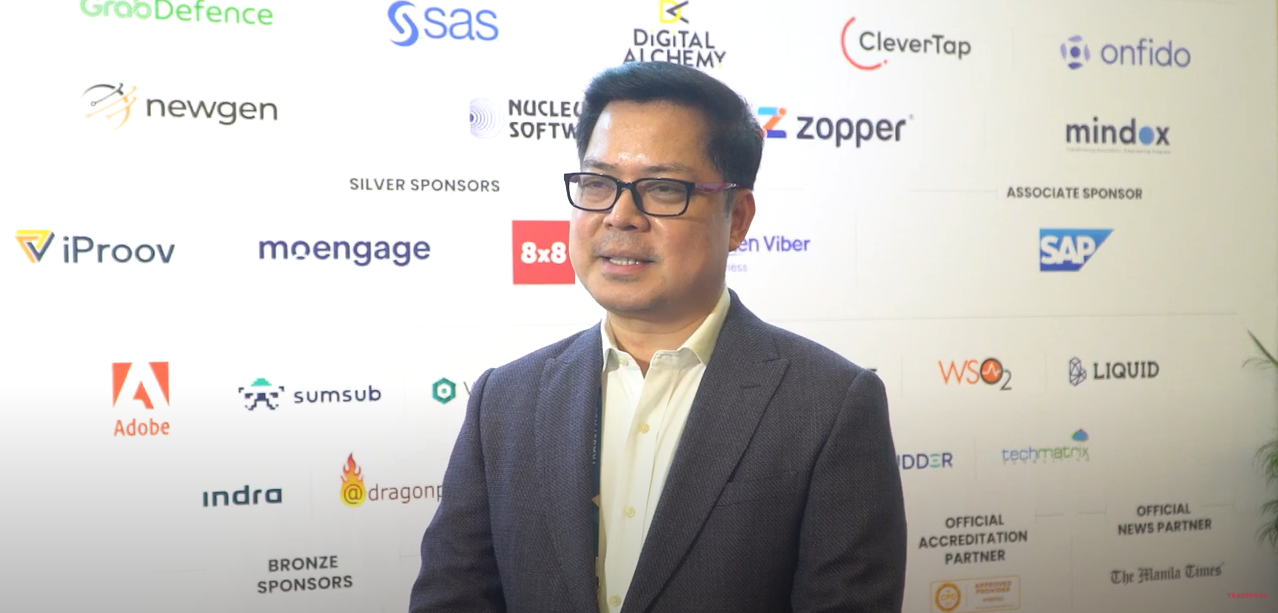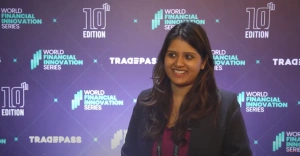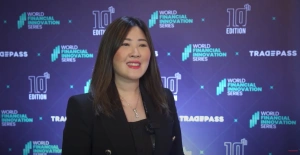The Future of Philippine Banking: Embracing the API Economy
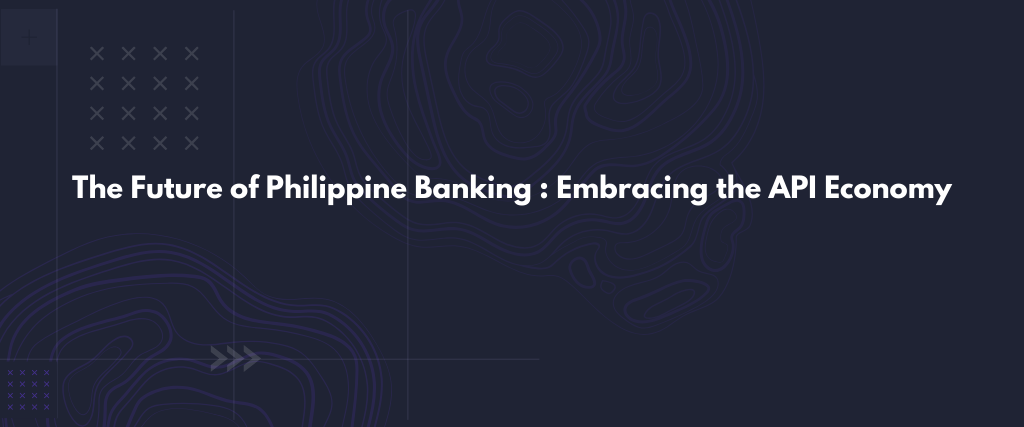
It has been said many times now that the global financial sector is evolving fast – extremely fast. Driven by digital technology, this advancement is witnessed with APIs as one of the fundamental operators. APIs, today, are to modern banking what assembly lines were to manufacturing—an enabler of efficiency, innovation, and growth.
And this transformation can be particularly significant in the Philippines, where the banking sector is still catching momentum. With the post-COVID rise in the adoption of digital solutions to meet diversifying customer demands and regulatory reforms to empower innovation in fintech startups, the Philippines presents a gaping opportunity for banks to take advantage.
API Technology: The Backbone of Modern Banking
In the Philippines, the adoption of APIs in banking is proliferating. According to a 2023 report by the Bangko Sentral ng Pilipinas (BSP), over 70% of the country’s banks have integrated or are planning to integrate APIs with their systems[1]. APIs in banking serve as the connectors between different software systems, much like how electrical wiring connects various devices in a smart home. They allow banks to integrate new functionalities without overhauling existing infrastructure, ensuring that the transition to digital platforms is both smooth and secure.
For instance, a major Philippine bank recently implemented an API-driven solution to overhaul its loan processing system. Previously, customers faced long wait times for loan approvals due to manual processes and siloed data systems. With API integration, the bank could automate much of this process, pulling customer data from various sources in real-time, assessing creditworthiness, and delivering decisions in minutes rather than days. This not only improved customer satisfaction but also significantly increased the bank’s loan processing capacity.
Enhancing Customer Experience Through Digital Transformation
The move towards API-driven banking is not just about operational efficiency; it’s about transforming the customer experience. We can say that increasing operational efficiency and customer satisfaction are two of the biggest factors responsible for growth. Operational efficiency directly impacts the bottom line and customer satisfaction drives topline and scaling opportunities.
APIs enable banks to offer highly personalized services by seamlessly integrating customer data across various platforms. This transformation is critical in the Philippines, where customer expectations are increasingly shaped by global digital trends.
For example, another leading bank in the country enhanced its corporate clients’ cash management services by integrating APIs into their existing systems. Previously, clients had to juggle multiple platforms to manage their cash flow, which was not only cumbersome but also prone to errors. By using APIs to provide a single, intuitive interface, the bank allowed clients to manage all their financial transactions, forecasts, and reports in one place. This not only simplified their operations but also provided real-time insights that were previously unattainable, boosting client satisfaction and retention.
In the Philippines, mobile banking is on the rise, with over 60% of the adult population using mobile devices for financial transactions as of 2021[2]. Through APIs, mobile banking apps can integrate with core banking systems to provide users with instant access to financial services, from checking balances to transferring funds. This is especially important in a country where a significant portion of the population remains unbanked or underbanked. By leveraging APIs, banks can extend their reach to these underserved populations, providing them with secure, real-time financial services.
The Future of Banking in the Philippines
As the Philippine banking sector evolves, APIs will play an increasingly critical role. The BSP’s Digital Payments Transformation Roadmap showcases how the country’s government is actively focusing on the financial empowerment of the population, which underscores their efforts to support banks in building more accessible services. APIs are central to achieving these goals, enabling the seamless integration of digital services across the banking ecosystem.
One trend to watch is the rise of fully digital banks, which operate entirely online without physical branches. These banks rely heavily on APIs to integrate various services, from customer onboarding to transaction processing. Digital-only banks in the Philippines are using APIs to offer a seamless, omnichannel experience where customers can open accounts, apply for loans, or invest in financial products—all from a smartphone app.
Moreover, APIs are pivotal in driving financial inclusion. Microfinance institutions in rural areas are using API-driven platforms to connect with larger banks, offering their customers access to a broader range of financial services. This is crucial for extending banking services to the unbanked, who make up about 47% of the Philippine population according to the latest BSP Financial Inclusion Survey[2]. This also would mean for the banks to educate their potential bankable customers about the importance of digital banking. Around 40% Philippine population still believes that they require complex documents or a statutory deposit amount to open a bank account and around 14% still lack trust in banking bodies altogether[4].
To mitigate these inherent challenges and move towards higher financial inclusion, the Philippine government has allowed the mobile-banking subsector to open basic accounts with a selfie and an ID and restricted accounts with just the mobile numbers. These reforms make the work easier for banking bodies further.
The API Economy and the Philippines
Additionally, as cyber threats become more sophisticated, banks in the Philippines are increasingly turning to API-based solutions to enhance their security measures. APIs allow banks to implement advanced security protocols such as biometric authentication and AI-driven threat detection, providing an additional layer of protection for customer data.
The country is positioning itself as a significant player in the global API economy, supported by a burgeoning fintech sector and a favorable regulatory environment. And the BSP’s open banking framework, which relies heavily on APIs, is expected to drive further innovation in financial services by enabling secure and efficient data sharing between institutions.
Conclusion
The integration of API technology in banking is driving a significant transformation in the Philippine financial sector. As financial institutions continue to embrace APIs, they are not only enhancing their operational efficiency but also transforming the customer experience, driving financial inclusion, and ensuring robust security.
The future of banking in the Philippines looks promising, with APIs paving the way for sustainable growth and innovation in the digital age.
Nucleus Software Exports, a leader in banking technology solutions, is at the forefront of this digital transformation in the banking and lending industry in the Philippines.
With over three decades of experience, Nucleus Software provides advanced solutions – FinnOne Neo® and FinnAxia®, which are designed to meet the evolving needs of banks in the API economy with 540+ inbuilt APIs. These products enable banks to seamlessly integrate new digital services, enhance customer experiences, and maintain robust security standards.
By leveraging API technology, Nucleus Software’s solutions are enabling banks in the Philippines to stay ahead in a rapidly changing financial landscape, ensuring they can meet the demands of modern consumers while driving operational efficiency.
Nucleus Software delivers disruptive Fintech Solutions to 200+ Banks and Financial Institutions across 50 countries supporting Retail, Corporate & SME Finance, Islamic Finance, Automotive Finance, Captive Automotive Finance, Cash Management, Mobile & Internet Banking, Transaction Banking and more. We facilitate over 26 million transactions each day through our globally integrated transaction banking platform. Our lending platform manages US $ 500 billion of loans in India alone, and over US $700 billion of loans globally other than India, while enabling 500,000+ users to log in daily.

Ashish Khanna
Chief of Staff and Head of Global Marketing
Nucleus Software
References
BSP: 70% of adult Filipinos will have bank accounts in 2023




